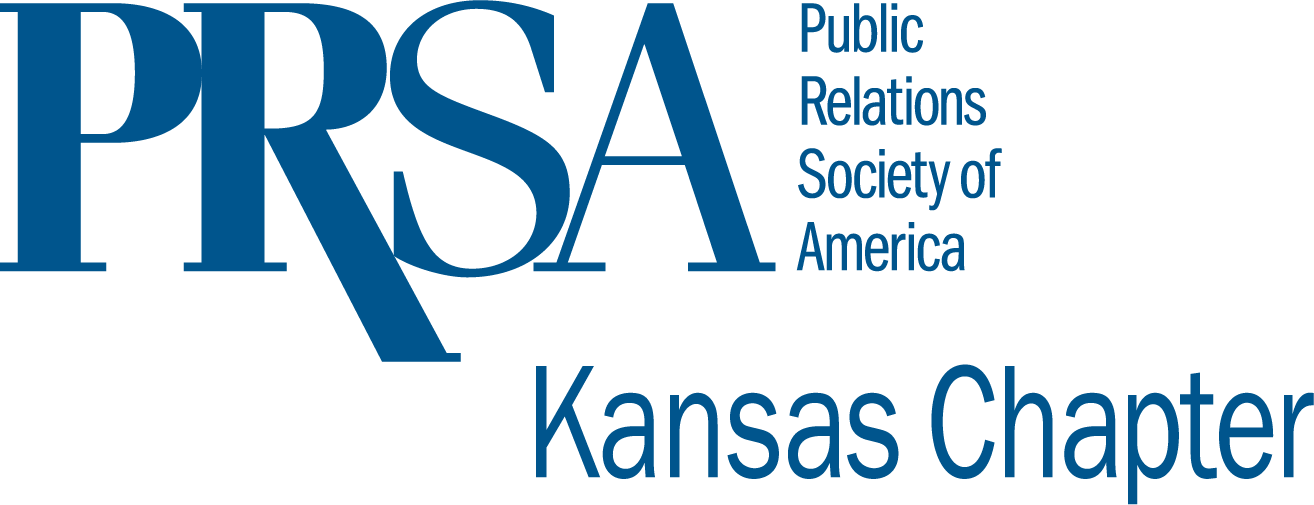By Jamie Opat, PRSA Kansas Ethics Chair
Disclosure. As public relations professionals, we represent publics that expect and demand full information. As PRSA members, we follow an ethical code of conduct that addresses disclosure as a way to build trust and to foster good decision making.
What if the full truth cannot be shared right now? How can you placate the attorney advising your organization to filter all statements through him or her before you share them with the media?
This is an opportunity for you, the PR professional, to counsel your bosses, your board and your shareholders that truth is imperative and not always perfectly timed. Delays, silence, sins of omission – these will erode trust in your reputation that can be hard to regain.
The people who need the information first – those in your inner circle of stakeholders – always deserve the chance to have and digest those facts before they are widely shared. The practices of HOW you share information with the greater public – for example, news releases at 5 p.m. on Fridays – will also be evaluated for their transparency.
PRSA’s code provisions related to the Disclosure of Information remind us to be honest and accurate, to quickly correct errors, to ensure that those you represent are releasing truthful information, to reveal sponsors for causes and interests and to avoid deception.
Pretty straightforward, right? That is, until you notice an error in a media kit but fail to correct it. Or employ people who appear publicly as volunteers for a grassroots cause.
In a world of shrinking transparency (who really sponsors that social media ad campaign?) we as current practitioners should serve as an ethical touchstone for a new generation of professionals.
For more information, visit the Ethics section on the prsa.org website.
Reach Jamie at: jopat@starkey.org | Twitter | LinkedIn

Recent Comments